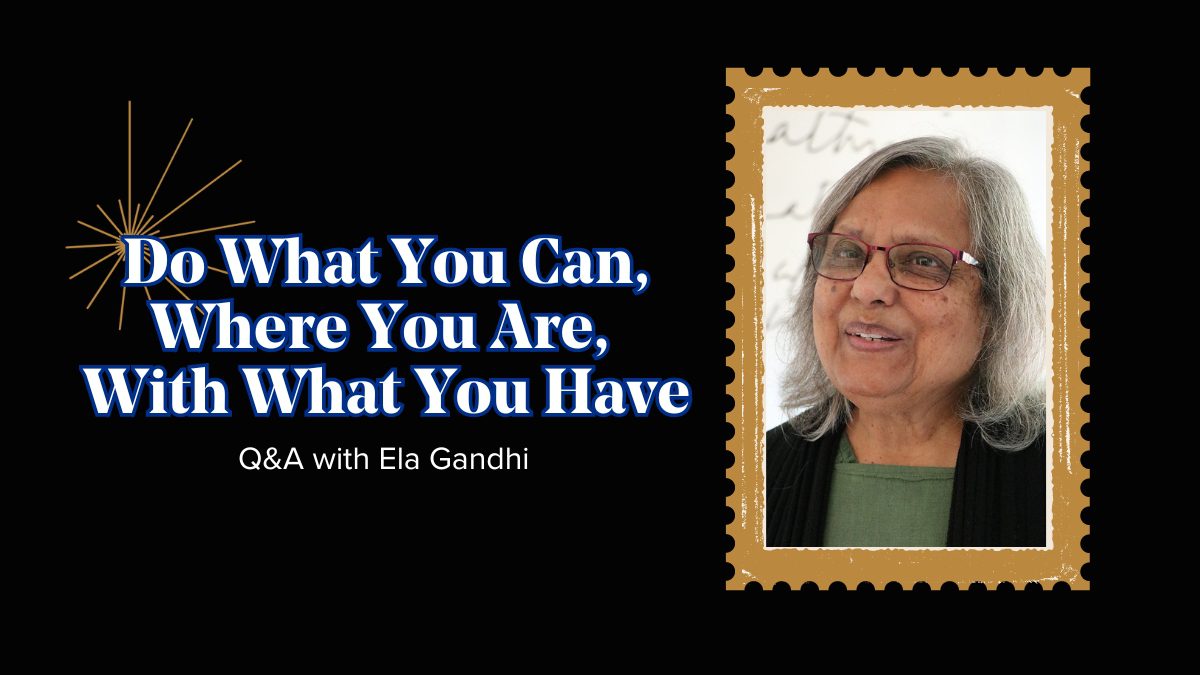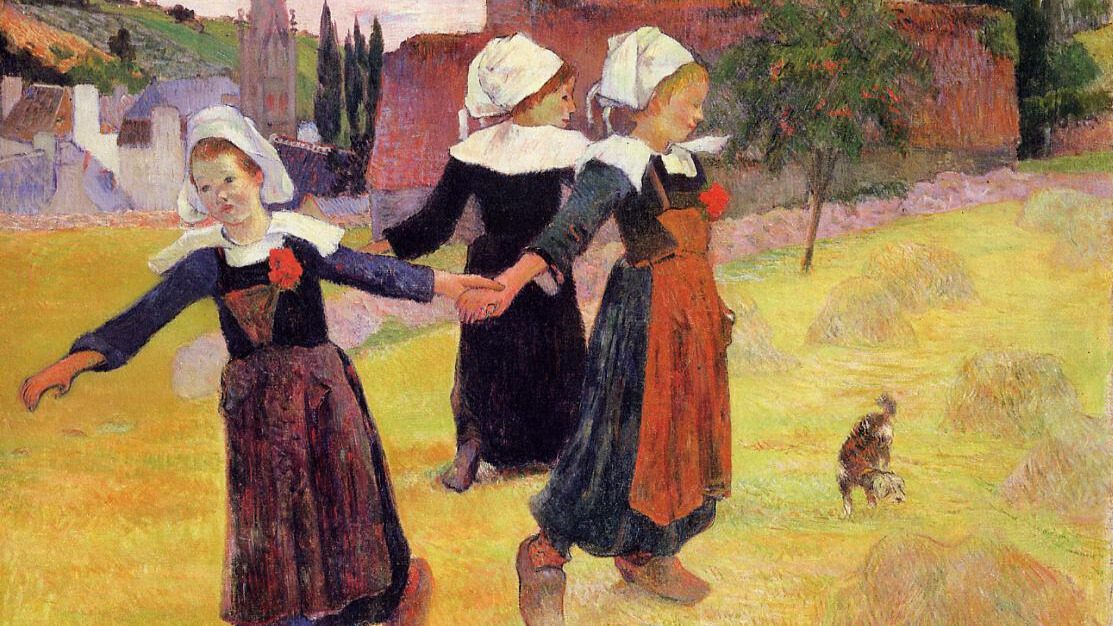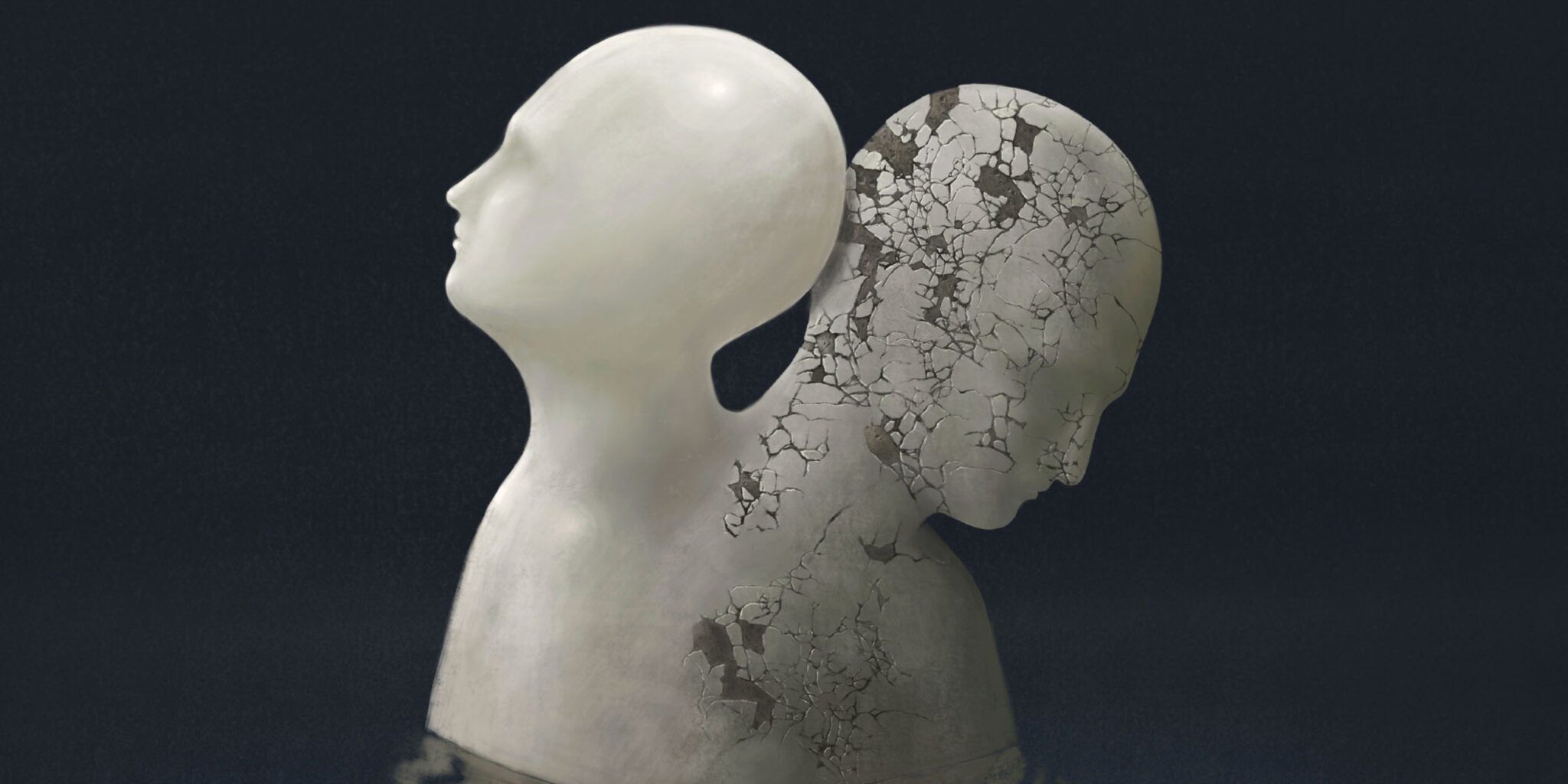Ela Gandhi is a South African peace activist, social worker, and former politician who was Vice President of the Natal Indian Congress. She fought for and championed social justice during apartheid in South Africa alongside Nelson Mandela, Archbishop Desmond Tutu (Templeton Prize Winner), Steve Biko, Albertina Sisulu, and the African National Congress.
During apartheid, she was banned from political activism and subjected to house arrest for nine years. One of her sons was killed in 1993. But she persisted. Gandhi went on to serve as a Member of Parliament in South Africa from 1994 to 2004, was a member of the Transitional Executive Council, and continues her work and activism on behalf of workers, women’s issues, the global interfaith movement, interreligious harmony, and coalitions for social justice. Among her many accolades, in 2023, Gandhi was heralded as one of 104 Spiritual Exemplars whose engaged spirituality benefits humanitarian causes and human flourishing across the globe.
Ela Gandhi is also the granddaughter of the revered Mahatma Gandhi – the attorney known as the “Father of the Nation” in India for his work and commitment to nonviolent, organized resistance that helped India gain independence from British colonial rule.
Ela Gandhi speaks with us about agape love that extends to the love of fellow humans. About peace, prayer, persistence, reciprocated dignity, and human solidarity as a roadmap to helping make the world a better place, one action at a time.
Dawson: To what degree is your tenacity to overcome obstacles and fight for your principles a matter of being born that way? Or is it a result of your environment?
Gandhi: I would say that it’s a product of my environment and particularly my upbringing. My family had a great influence on me, and I think that being born in this country [South Africa], where there were so many issues that faced us – injustices and many other discriminatory practices and so on, it made it imperative for us to confront these injustices and to look at spirituality.
What virtues are most important to meaningfully engage over a long period of time, fighting for justice and other spiritual practices? Is it love, tenacity, patience, hope, confidence, or is it something else?
Thank God, love is a huge part of non-violence, of living a non-violent life. And for us it was about a way of life. It’s not just practicing non-violence. And violence as we define it, is not the absence of violence, but it is a complete way of life which is conducive to living a non-violent life. So, for instance, the communication, the sense of equality amongst all people, the sense of connectivity between the universe and human beings and between each other as people, that connectivity, which is bound by love as well. So, I think love is a huge part of this way of life. And when I talk about love, I mean traditional biblical agape, which is an all-amazing love, not just love as is described in modern day.
How did your spiritual principles and practices sustain you in your mission to eradicate violence, especially when it was the most challenging? What did that look like in the moment, in the face of incredible pain and hardships?
Faith is an important part of whatever we do. When I say faith, I mean faith in God. Faith that no matter what happens, God loves you. God is there and holding your head. So, praying to God, chanting – and I think that just that spiritual connectivity when facing adversity is very helpful. It gives you the strength, it gives you equanimity, so you don’t break down.
What advice do you have for people who see you and other spiritual exemplars as saints? They think, I could never do that. I’m too angry, I’m too resentful, or I just can’t make the kind of change that you and others are making, so they don’t take any action at all to help make the world a better place because they feel they’re not good enough or just don’t have what you have.
So, I don’t think that I’m a saint. I don’t think that’s a suitable sort of accolade for me. I have lots of my own hang-ups, so far from it. I’m not a saint. But I think that as a person who has engaged in the struggle for liberation and my grandfather has spiritual strength as well. I think that the important thing, as I said, is to have inner peace.
When you are at peace within yourself, you can be at peace with the world. So that peace within yourself is a very important thing and that you can only acquire when you are able to look at yourself to see yourself as a human being with all my weaknesses and strength so on. And that I'm a person and I have dignity and that I honor you and I expect you to honor me as well. So that kind of reciprocity is important. So that's my spirituality.
And as a Gandhian, we sort of look at spirituality as a universal attribute, not within a faith group. I am a Hindu and I’ve studied the Hindu faith, but I’m quite comfortable with other faiths as well. So, there’s no belief in one religion. It’s different parts to the same goal, and therefore our religion is very much personal rather than part of a religious community.
Yes, I’m part of the universal religious community, the interfaith movement, but not a part of one traditional faith. Although yes, I do go learn about the interfaith, I would pray in a Hindu tradition, but I have no problem praying with Christians or Muslims or any other faith group.
Prayer is prayer to me. No matter which tradition. It’s because what prayer really does is it looks inside you and it connects you with your soul and with the spirit. And so that is the important part of my particular spirituality.
How can people be inspired to do what they can, where they are, with what they have? You’ve said that you believe that grassroots action is very important because it teaches you to listen and have respect for what the people around you really need. Can you share a little bit more about that?
Absolutely. Because Gandhi always spoke about a neighborhood, about a village. This concept was in terms of the hundreds or thousands of villages that exist in India. So, it’s a little commune. Communities in a neighborhood, in geographical areas, living together, not necessarily a communitarian life, but as neighbors and sharing. And so, his whole concept started from that neighborhood. When you begin to understand that neighborhood and you can make that neighborhood stronger, to make that neighborhood become powerful in the things that they can fend for themselves, they can begin to see their own strengths and become self-sufficient. Even though we are interconnected and we do rely on each other, the dignity comes from being able to take care of yourself, to be able to do the things that you need to do to survive on a daily basis, that you are not totally dependent on somebody, even if you suffer from some form of inability to do things because of physical issues or whatever it is. And that’s why you have occupational therapists who help you to find your own way of dealing with whatever you have and not being able to perform some of the basic tasks that you can perform.
So, you don’t have to have be nominated as a Spiritual Exemplar to really help make the world a better place.
Yes, absolutely. And there are hundreds, millions of people around the world who are doing things for other people, for the neighborhood, and for themselves. But the problem is when you begin to become self-centered and don’t care about others and accumulate.
As Gandhiji [Mahatma Gandhi] said, “The world has enough to meet the needs of every individual but not the greed of everyone.” So, when we become greedy and want to accumulate for ourselves at the expense others then that is unacceptable. And that has to change. That is an injustice.
Sometimes people do these things because they think that that’s the way life is. That’s what you have to do to survive in this world. But it’s not really what one has to do. You can survive. You can be really happy without accumulating massive wealth and so on.
Is there anything else you’d like to share about the first steps people can take to begin living a life based on spiritual principles?
I think the first step is to understand those who are really suffering in the world. Suffering because of poverty, suffering because maybe they have various kinds of illnesses, or misfortunes and so on. And those people who are in the middle of conflict situations.
Also, to begin to show people and win them over that violence is a cycle and it’s not acceptable. It’s something that really ruins us as people. If I commit violence, I’m also committing violence to myself. So, I cannot be proud of myself if I have harmed somebody else because that harm that I’ve done to somebody else will always sit in my conscience. I’m scarring myself for life. So, for instance, if you want evidence of what I’m saying, if you meet some of the people who have been to war and have killed and you see how psychologically affected those people are, and it takes sometimes a whole lifetime before they can become normal again. And that’s when you begin to realize the psychology of being violent, of being in wars, of doing things that are against humanity.
Because we as human beings are born peaceful, are born with love. Love is natural. It is an instinct that a baby isn’t born fighting. Yes, it cries, but it doesn’t fight with anyone. It learns those things over time that this is how one copes. And that’s why it’s all dependent on how we are brought up.
If you’re brought up in a violent climate, in a violent neighborhood, and where you see your parents fighting every day and you’re seeing violence happening every day, then you become violent. But if you’re born in a peaceful home where people respect peace, where people respect spirituality, where we respect each other, we respect even a little child – and when we realize that we can also learn from little children, there are many things that little children can inadvertently point out to us that can mean a lot.
A little child, for instance, does not want to see violence happen. They shirk from violence. So, it’s a natural thing. But we learn violence as we grow, and therefore we can unlearn violence as well. And that’s why every human being has the potential to change for the better. And this is what Gandhiji said that if we respect all people and see that they do things because that is how they see the world. If you begin to teach them to see the world differently, they will react differently. And so, restoration of a person’s dignity, of a person’s faith and so on is an important part of spirituality and of humanity, a humane way of living.
What is your vision for the world as you see it as a better place?
I see, at the moment, that there are lots of people who want a better world. A lot of people who want peace. The majority of the people around the world who would want to see a better world, they’re getting along with work and doing things, and they’re trying in their own way to improve. That’s why we have so many humanitarian organizations. That’s why we have so many philanthropists. Not people who accumulate a lot of money and then they can give some part of it.
The real philanthropist is a person who earns very little but is prepared to share that little with others. The real philanthropist is prepared to do without in order to benefit another person. That little bit that person can contribute is far greater than the huge amounts that people give to humanitarian organizations, which makes absolutely no dent because they’ve got so much wealth, they can easily part with some part of it.
So, it’s human solidarity. Pope Francis talks about solidarity amongst people, and this is what it means—you see the anguish in people who are homeless and you do something about it. Help them in whatever way one can. Those are the important things.
Alene Dawson is a Southern California-based writer known for her intelligent and popular features, cover stories, interviews, and award-winning publications. She’s a regular contributor to the LA Times.



